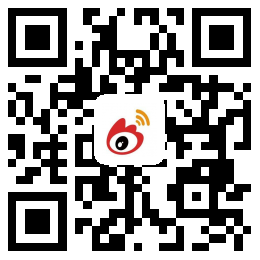
“I can’t fix everything”
I postponed going to medical school for many years, because I feared that practicing as a “Western” physician would not make me happy. My friends and mentors in medicine were complaining about lawsuits and mounds of paperwork. I wanted to have a warm therapeutic relationship with my patients and it seemed physicians had to spend less and less time with their patients and maintain more distance. I also felt, even before entering medical school, that there were many physical or mental problems for which Western medicine did not have a good solution. I considered training in alternative healing traditions, but kept coming back to the thought that doctors only seemed to respect other doctors and perhaps I could accomplish more from within the profession than from without. Seven years after graduating from university, I finally started medical school.
Columbia University’s College of Physicians & Surgeons is an old-fashioned institution, steeped in tradition and slow to accept changes in the profession. The prevailing attitude toward complementary or alternative therapies was that they were quackery. I happened to be there, however, at a time when one man successfully overturned this perception. Dr. Mehmet Oz was a cardiothoracic surgeon with impeccable academic credentials and several medical device patents to his name. No one could call him a “quack.” And he was able to leverage this respect to create the Center for Complementary and Alternative Medicine within Columbia. Later he went on to be better known as the “Dr. Oz” on Oprah. Thanks to Mehmet Oz, I was able to meet and learn from a wide range of internationally famous practitioners of various healing traditions. I scrubbed in to open heart surgery with Dr. Oz while a Qi Gong practitioner worked at the feet of the patient. I spoke in a small group with the Tibetan cardiologist who takes care of the Dalai Lama. (Uma Thurman’s father, Robert A.F. Thurman, a famous Tibetan scholar, served as his translator.)
Later, during my residency in Family Medicine at the University of Washington, I used elective time to study at Bastyr University, one of the world’s premier institutions for the study of alternative medicine. Bastyr describes itself as a “pioneer in science-based natural medicine” and offers courses in Acupuncture and East Asian Medicine, Ayurvedic Sciences, Exercise Science, Herbal Sciences, Midwifery, Naturopathic Medicine, Nutrition, Public Health and Psychology. At Bastyr I learned to recognize and appreciate the healthy herbal smell of a traditional Chinese pharmacy. I received some of my very little formal training in nutrition at Bastyr. Most of what I know about nutrition comes from my own research and study. I remain amazed that so little attention is paid in Western medical training to something so critical to health.
In the end, I feel that I have learned to take the best from all worlds. I received a rigorous Western medical education and I believe in practicing evidence-based medicine based on high quality data. I am a strong proponent of the benefits of vaccination. But I also believe that there isn’t a pill for everything and I’m going to do my best not to give you any pills (or shots) that you don’t need. If you can treat your migraines with acupuncture, do it. Maybe what you need for your insomnia is a yoga class. Bloated? You might need to get serious about dietary changes. I am the first person to admit that Western medicine can’t solve all problems. But maybe I can help point you in the right direction.
Copyright United Family Healthcare 2014 All right reserved - 京卫网审[2014]第1927号 - 京ICP备13017554号-4




